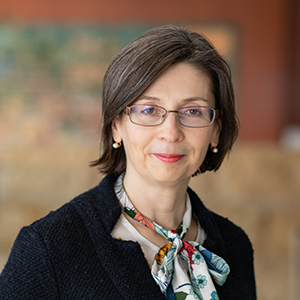Abstract
Previous work has had difficulty generating household saving behavior that makes the distribution of wealth much more concentrated than that of labor earnings, and that makes the richest households hold onto large amounts of wealth, even during very old age. I construct a quantitative, general equilibrium, overlapping-generations model in which parents and children are linked by accidental and voluntary bequests and by earnings ability. I show that voluntary bequests can explain the emergence of large estates, while accidental bequests alone cannot, and that adding earnings persistence within families increases wealth concentration even more. I also show that the introduction of a bequest motive generates lifetime savings profiles more consistent with the data.




